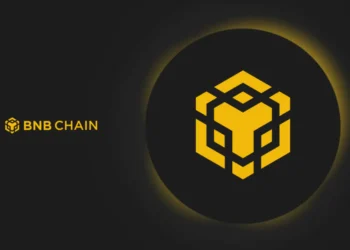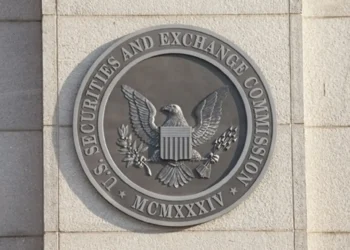According to a leaked draft of a money laundering bill obtained by CoinDesk, the European Union may prohibit banks and cryptocurrency providers from dealing in privacy-enhancing coins such as Zcash, Monero, and Dash.
Following the summer’s tough new rules, the plans from Czech officials, who are chairing talks among EU governments on the proposed law, maybe the latest nail in the coffin for anonymous payment methods.
“Credit institutions, financial institutions, and crypto-asset service providers shall be prohibited from keeping anonymity-enhancing coins,” according to a legislative draft obtained by CoinDesk and circulated for comment to the bloc’s other 26 member states on Nov. 9.
According to an EU diplomat, the measure was designed to avoid the risk posed by crypto assets that are specifically designed to avoid traceability.
The prohibition on privacy coins, which prevent eavesdropping on blockchain activity, is intended to mirror the ban on anonymous instruments such as bearer shares and anonymous accounts included in the original bill proposal.
According to the diplomat, who spoke on the condition of anonymity because the negotiations are taking place behind closed doors, the Czech proposal responds to a demand from countries negotiating the text.
In July 2021, the European Commission proposed the Anti-Money Laundering Regulation as part of a package that also included a prohibition on large cash transactions and the establishment of a new anti-money laundering agency, AMLA, to vet practices at large financial institutions.
According to the Czech government’s plans, crypto asset providers would be required to verify customers’ identities even for small transactions of less than 1,000 euros ($1,040) and to investigate the nature and purpose of the business for larger payments.
Due to concerns that crypto payments can be easily broken into smaller chunks, the rules would be more onerous than for other types of firms, such as banks, where due diligence rules only apply to larger payments.
The document also proposed that crypto service providers doing business outside the EU verify whether their counterparty is licensed and what money laundering controls they have in place, with details of the vetting to be set by AMLA.
The European Parliament has focused its parallel amendments to the bill on processing dirty money via the metaverse, decentralized finance, and non-fungible tokens (NFTs). The bill must be approved by both the Council and the European Parliament to become law.
If it does, it will be the latest in a string of regulatory assaults on online anonymity, which has legitimate uses, but regulators fear can be used to process criminal funds, circumvent sanctions, or raise funds for terrorists and other pariahs.
In August, the US Treasury imposed sanctions on Tornado Cash, an Ethereum-based privacy tool, alleging that it was used to raise funds for North Korea’s weapons program—the first time sanction powers were used against a decentralized protocol.
The EU’s Markets in Crypto Assets Regulation (MiCA), which was agreed upon but has yet to be implemented, prohibits exchanges from allowing the trading of anonymous crypto assets unless the holders have been identified. A parallel set of rules for the transfer of funds imposes additional checks on anyone dealing with cryptocurrencies such as Monero or Dash.
If you would like to read more news articles like this, visit DeFi Planet and follow us on Twitter, LinkedIn, Facebook, and Instagram.
“Take control of your crypto portfolio with MARKETS PRO, DeFi Planet’s suite of analytics tools.”




















